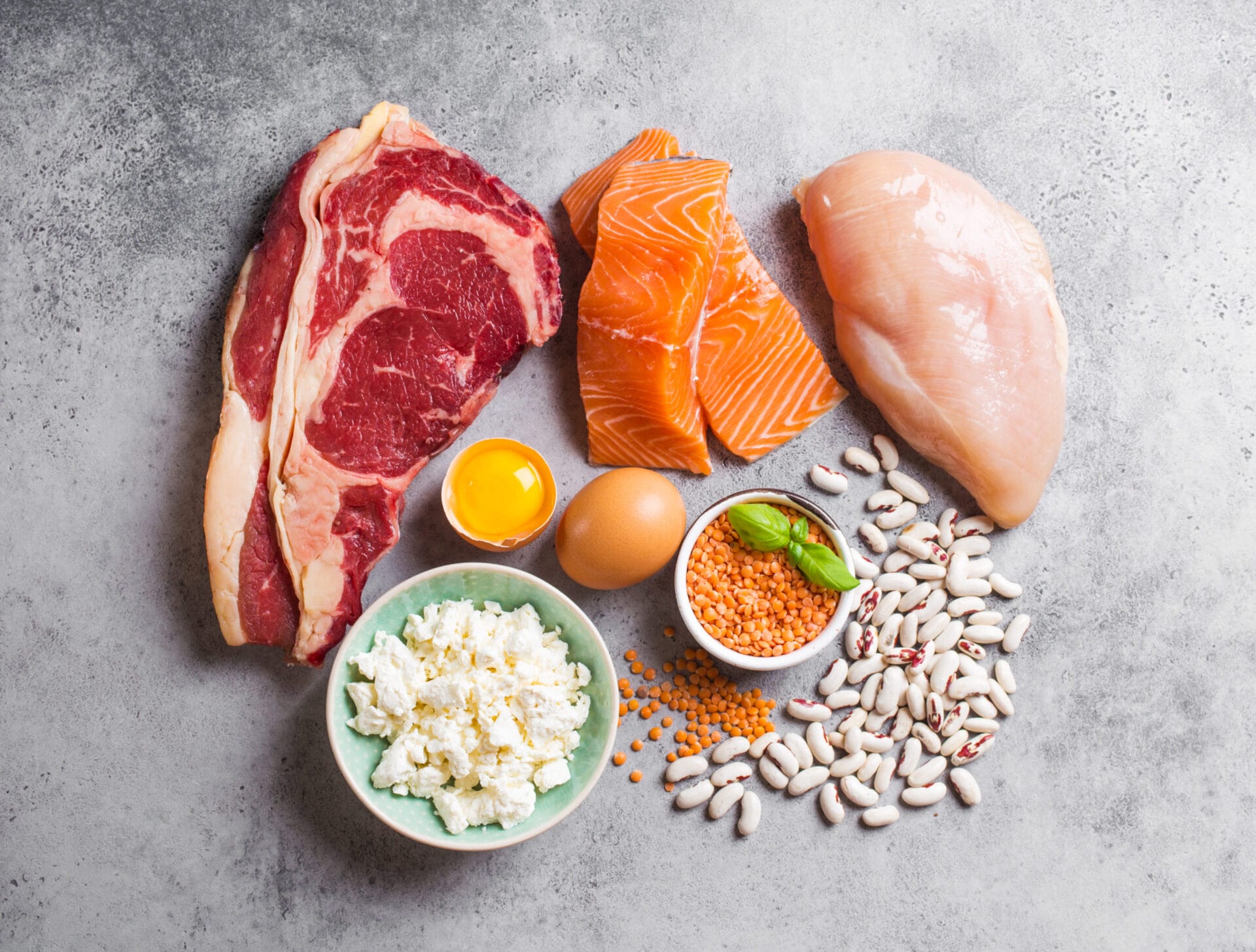Unfortunately, protein is associated with a lot of misinformation and misunderstanding. Most of the time, these mistakes are well-intentioned, whether they come from a personal trainer in the gym, encouraging their clients to drink multiple protein shakes every day, or medical doctors warning patients about the risks of protein supplementation on kidney function.
Fortunately, there is an abundance of good evidence to separate fact from fiction. Many people have heard that higher-protein diets are bad for kidney function, even in otherwise healthy people. The theory is more than 40 years old, and has not been supported with good evidence, but that doesn’t stop the recommendation to limit protein intake creeping into many medical consultations.
Are high protein intakes safe?
More recent strong evidence, including a systematic review and meta-analysis including twenty-eight studies, indicates that higher protein intakes, equivalent to greater that 1.5 grams per kilogram of body weight, per day, do not adversely influence kidney function in healthy adults.
Why protein intake matters even more as we age.
After the age of 30, you can begin to lose muscle at a rate of around 3% to 5% per decade. You can arrest this decline with regular strength and resistance training to build and maintain muscle. For health span, this is critical and being in the top 25% of muscle mass for your age-group is a significant predictor of longevity.
Protein is essential to this muscle building and maintaining process but, unfortunately, as we get older, we begin to become more resistant to the anabolic, muscle building properties of the protein in our diets. Consequently, evidence indicates that older people would likely benefit from consuming at least 1.2-1.4 grams of protein per kilogram per day, divided across 3 meals. This is significantly higher than the 0.8 grams of protein per kilogram per day in the current generalised recommended daily allowance. You can read more about this here, here, and here.
So how much is enough?
Whether your aim is to build muscle for health, performance or aesthetics, it could be tempting to believe that ‘more is better’ when it comes to protein intake. However, while high dietary protein intakes might not be harmful in healthy people, there is an upper limit to how much protein the body can digest, absorb and use. Evidence indicates that an intake of 1.6 – 1.8 grams of protein per kilogram per day, evenly divided across meals should maximise muscle protein synthesis.

